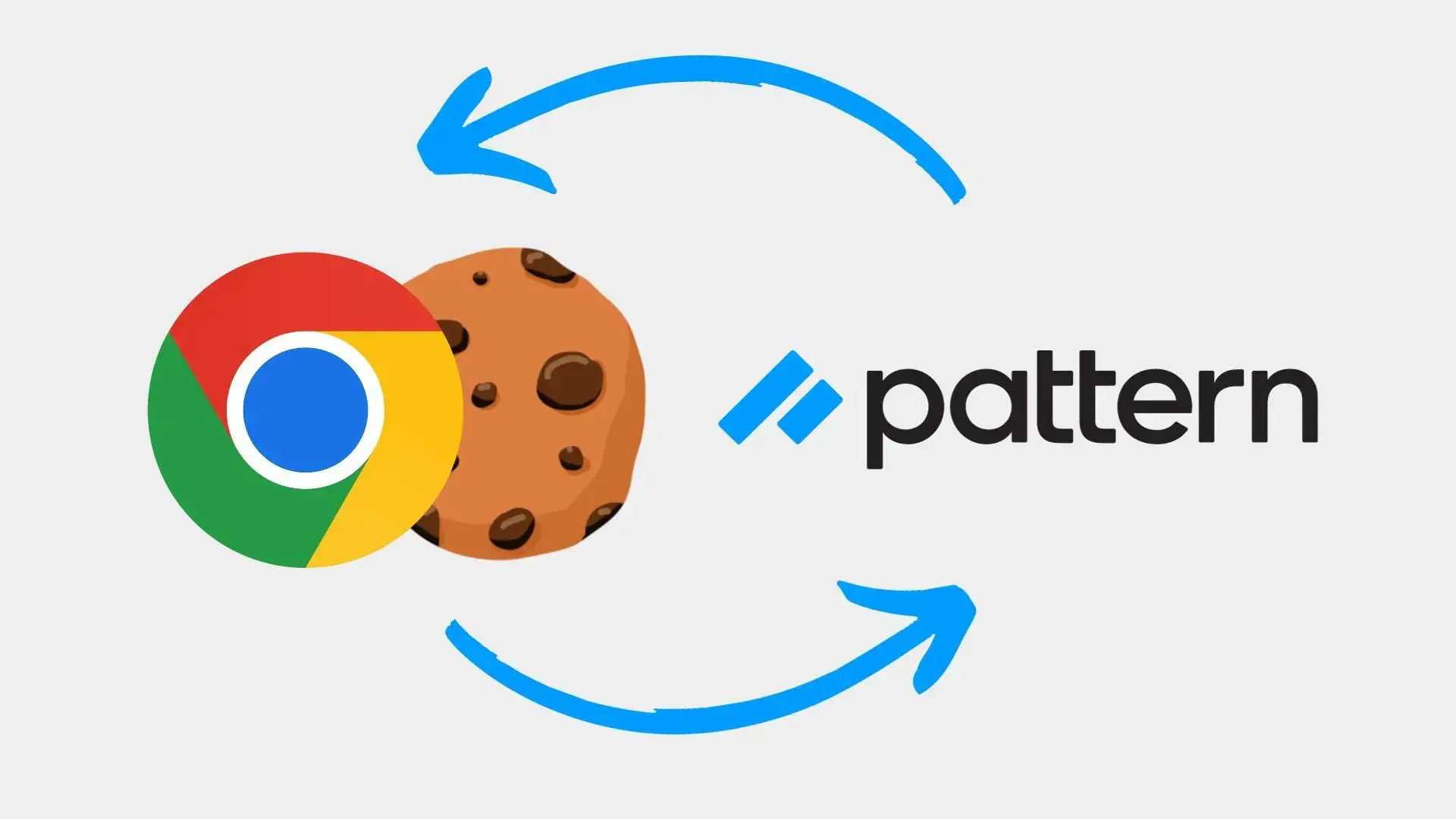Update: As of April 2024, Google announced another pushback to their Cookieless future, the third time the search engine giant has postponed the removal of 3rd party cookies since 2020. Despite the delay, Google has assured that the UK’s CMA (Competition and Markets Authority) will have “sufficient time to review all evidence including results from industry tests” and that “we will not complete third-party cookie deprecation during the second half of Q4.”
For brands, this means you will have significantly more time to explore and implement traditional 3rd party cookie alternatives, however, it’s still important to be working on these implementations, as Google has stated that they “envision proceeding with third-party cookie deprecation starting early next year.”
With Google’s latest update in mind, are you prepared for this change? What does it actually mean? And how should brands prepare? We’ll tackle all these questions and more in the below article.
Let’s start with the basics.
What is a 3rd Party Cookie?
A 3rd party cookie is essentially a type of tracking file. It’s used by companies like Google who use these tracking files to monitor users across websites. Google then uses that information to enable advertisers to create targeted ads based on the behaviour and interests the user displayed.
Why is Google removing 3rd Party cookies from its browsers?
Google explicitly states they are implementing these changes to address competition concerns from the UK’s Competition and Markets Authority (CMA). Specifically, the concerns that Google:
- May have unequal access to the functionality and insights associated with user tracking
- May be self-preferencing Google’s own ad tech providers and owned and operated ad inventory
- Potentially imposing unfair terms on Chrome’s web users
Without making changes Google would likely be at risk of a large fine (similar to the €500m fine they got from the French competition authority!).
This move by Google also caters to the growing privacy and data security concerns happening throughout the world. More people are becoming concerned that their data is being used without their knowledge or consent.
What does this mean for a brand’s advertising campaigns?
Without 3rd party cookies, brands will no longer have access to the useful and insightful information that was being provided to them for targeting, retargeting and understanding the effectiveness of their spend.
Does this mean users will get irrelevant ads in the future?
Potentially. But, Google also made a binding commitment to the CMA that it would not deprecate 3rd party cookies without a viable alternative. Google has been developing this alternative since 2021 and it’s known as The Privacy Sandbox.
What is The Privacy Sandbox?
“The Privacy Sandbox initiative aims to create technologies that both protect people’s privacy online and give companies and developers tools to build thriving digital businesses. The Privacy Sandbox reduces cross-site and cross-app tracking while helping to keep online content and services free for all.”
From the 4th of January, Google began testing the effectiveness of their Privacy Sandbox Tracking Protection alternative. This is a new feature that limits cross-site tracking by restricting website access to third-party cookies by default, and it’s testing this on 1% of worldwide Chrome users.
This means from the start of this year advertising activity will be being impacted, but at what should be a minimal level.
What can brands do to get ready for a world without 3rd party cookies?
To prepare for a cookieless future, brands need to start exploring alternative methods of targeting and measurement. Investing and growing the level of first-party data and building direct relationships with customers will be crucial. Brands can encourage users to willingly share their data through loyalty programmes, personalised content, and engaging experiences. This will provide brands with valuable insights and enable them to deliver tailored experiences without relying on third-party cookies.
Brands should also consider leveraging contextual advertising, with ads based on the content of the webpage rather than individual user data. By aligning ads with relevant content, brands can still reach their target audience without relying on cookies.
How Can Pattern Help Brands Navigate a Cookieless World?
As a leading global ecommerce accelerator, Pattern’s Performance Marketing team is well-equipped to help brands navigate the challenges of a cookieless world. With expertise in data-driven marketing strategies, our team can assist brands in developing robust first-party data collection methods and implementing personalised marketing campaigns.
Growing first-party data audiences will be essential, as will appropriate segmentation of these audiences into cohorts. It is crucial to automate the syncing of first-party customer lists into advertising platforms for targeting purposes. To grow first-party data, Pattern clients have seen success with lead generation campaigns across paid platforms, using sign-up conversion goals to drive email collection.
There are two methods by which our Performance Marketing team can support a brand’s transition to a cookieless world. These include:
- Enhanced Conversions: A Google Ads feature that allows for improved conversion tracking accuracy while sending first-party data to the Google Ads platform in a privacy-safe way. By ensuring this feature is enabled, there are increased options for future targeting.
- First-Party Cookies: This enables brands to collect and analyse data directly from their own website, providing valuable insights into user behaviour and preferences without relying on third-party cookies.
Additionally, Pattern can also help brands utilise contextual advertising effectively. By analysing content and understanding user intent, Pattern can ensure that brand ads are displayed in relevant contexts, maximising engagement and conversion rates.
The removal of cookies by Google motions a significant shift towards a cookieless world. While brands have been given an extended timeline for removal, they must adapt their marketing strategies to thrive in this new landscape. By investing in first-party data collection, exploring contextual advertising, and partnering with agencies like Pattern, brands can successfully navigate the challenges of a cookieless future and continue to deliver personalised experiences to their audience.
To get started on your brand’s move to a cookieless strategy, connect with us now to understand how Pattern can support your team.



